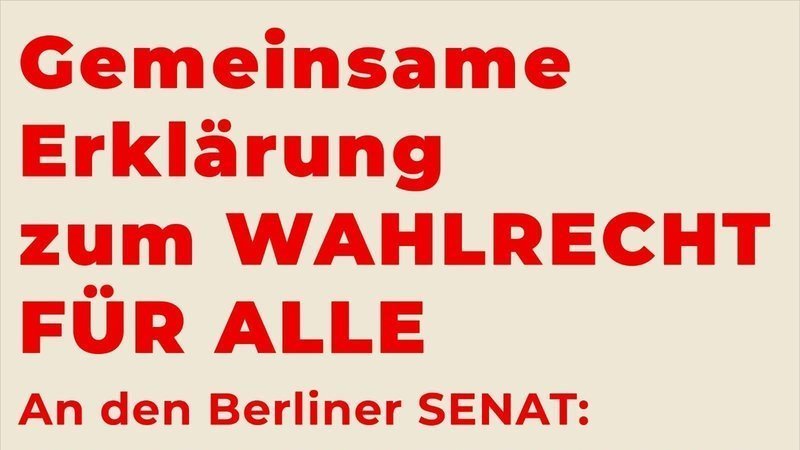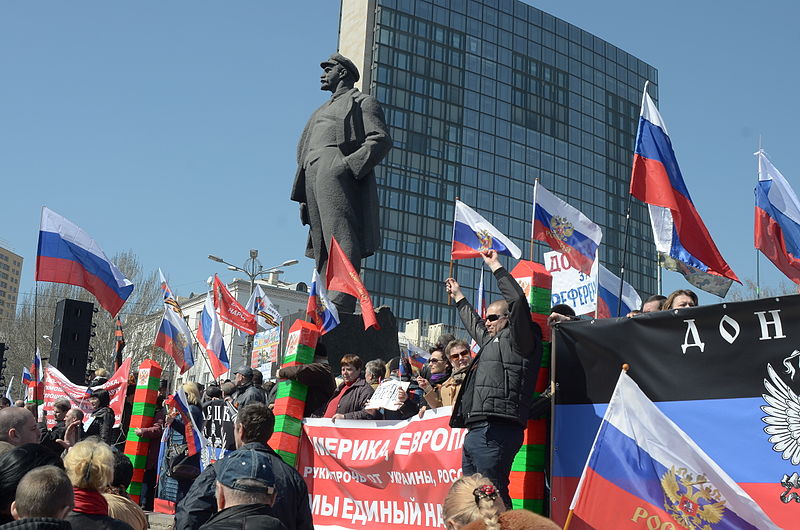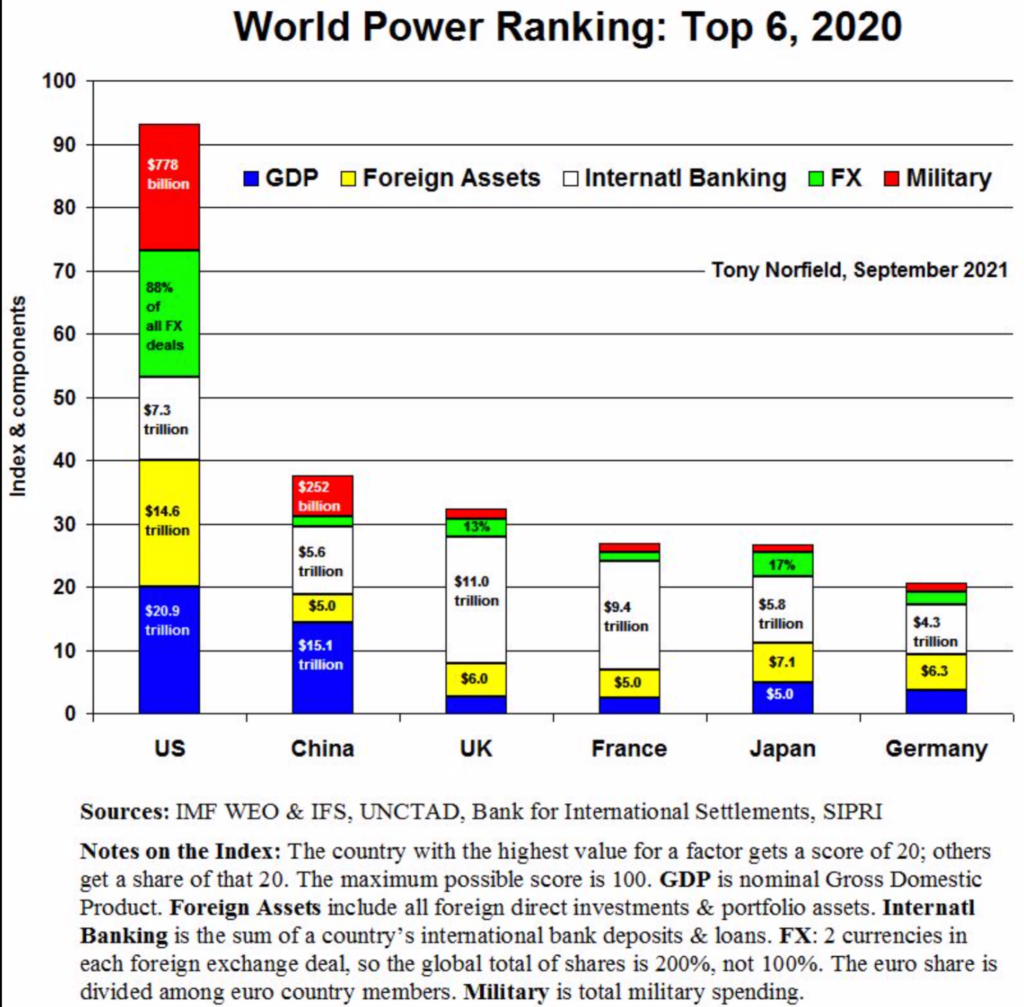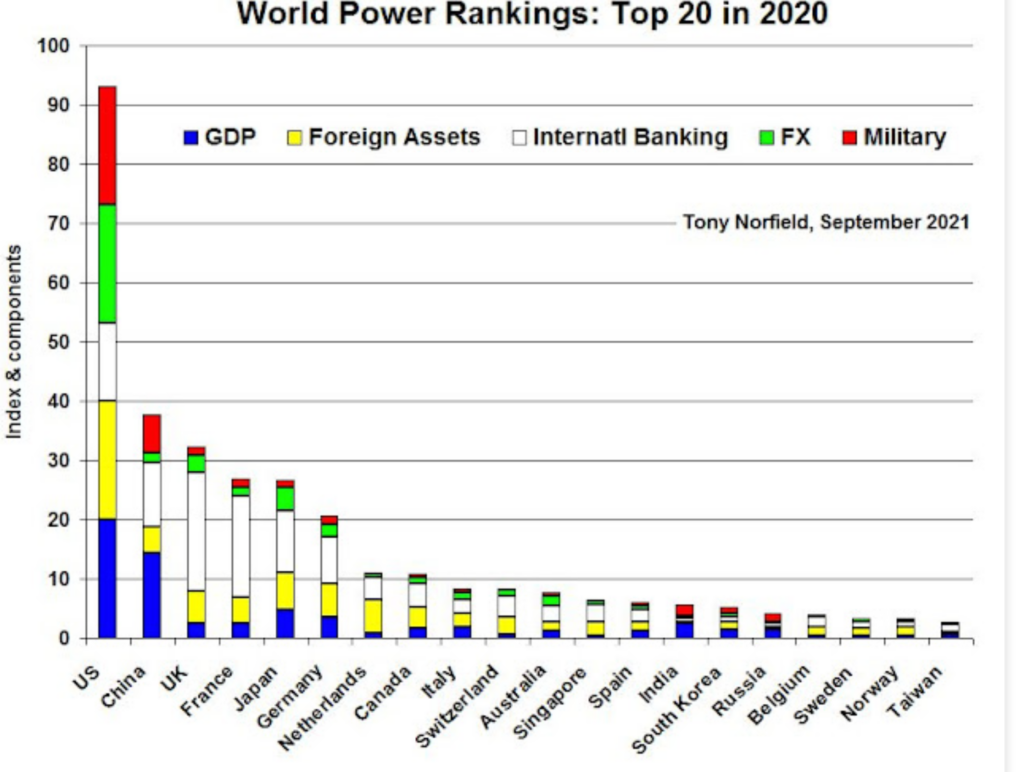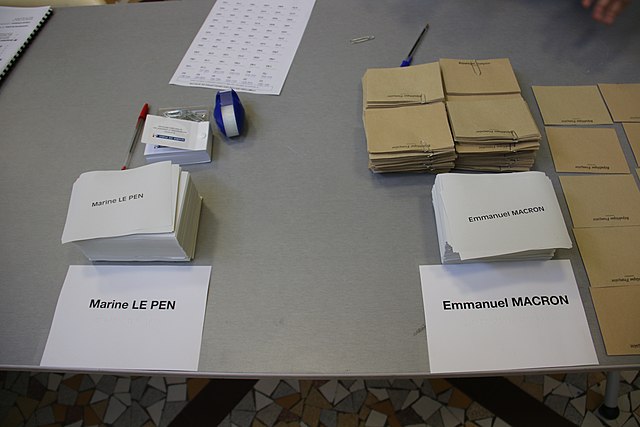With less than three months to go before the presidential election, the campaign is beginning to heat up. It has long been assumed that the second-round run-off in the presidential race would be a repeat of the 2017 clash between Emmanuel Macron and the leader of the Rassemblement National (RN), Marine Le Pen, and that Macron would be re-elected, possibly with a reduced margin.
But Le Pen, while still odds-on to qualify, is now facing stiff competition from Eric Zemmour, a well-known media personality and even further to the right. Together they represent, disturbingly, up to thirty per cent of the electorate. Macron’s abrasive and often aloof personality hardly endears him to voters, but he is in a good position to be re-elected, mainly because the opposition is fragmented.
One factor, of course, is the electoral system itself. In 2017, Macron was able to win with 66% of the vote in the second round, but only 24% in the first. It was far from an enthusiastic endorsement. Even in the first round, many who previously voted for the centre-left Socialist Party will have voted for him, not because they were convinced by his programme or his personality but in order to avoid a face-off in the second round between the so-called ‘centre-right’ candidate, Fillon, and the far-right Le Pen.
The Mélenchon Challenge
In 2017, Jean-Luc Mélenchon, a former Socialist minister and leader of La France Insoumise, ran an imaginative campaign based on a solid reformist programme, and after a late surge achieved an impressive 19.5%, just behind Le Pen (21%) and Fillon (20%). He was also able to attract many voters not because of who he was or what he represented, but because he was seen as the most realistic choice to qualify for the second round.
In 2012, Mélenchon had stood as the candidate of a broad left front, the Front de Gauche, which included his own Parti de Gauche, the Communist Party and others including a small split from the Trotskyist Ligue Communiste Révolutionnaire. In 2016 he set up a new movement, La France Insoumise.
The following year he was again backed by the Communist Party, but relations between them were never good and rapidly deteriorated after the election. Mélenchon famously sent an SMS to his Communist counterpart saying “You are death and nothingness”, which was grist to the mill of the sectarian, neo-Stalinist wing of the CP who had never accepted the idea of campaigning for a non-Communist.
In 2018, CP members elected a new, more ‘orthodox’ national secretary, Fabien Roussel, and in 2020 a majority opted for standing a Communist candidate and chose Roussel to represent them. Nevertheless, a minority of Communists, including a few MPs and other national figures, have come out in favour of Mélenchon.
The Most Important Election Issue
2022 is a special year, after two years of a major pandemic, with rates of infection, serious illness and mortality still at a high level. It comes after five years of bitter struggles against pensions ‘reform’, changes in labour relations legislation and other neo-liberal measures, as well as the rise and decline of the Yellow Vests protests, often accompanied by an unprecedented use of force by the police against protesters.
Yet, unlike Hollande, Macron’s rating has not collapsed. He is often credited with having managed the economic effects of the health crisis well, but the cost has been high and the question of who pays is bound to come to the fore. Hence the increased debates about low wages and pensions, taxation, inflation, spending on hospitals and social services, staffing levels in the social services among others.
On 27 January 2022, tens of thousands of trade unionists and others marched to support demands for pay rises, after a hugely successful one-day strike and marches by teachers, and, unusually so close to a national election, more protests are planned.
This re-emergence of social and economic issues, after a period dominated by the pandemic, partly explains the emphasis being put by many on the right, including members of the government and on occasion by Macron himself, on issues such as so-called ‘Islamoleftism’, ‘Muslim separatism’, ‘gender politics’, and ‘political correctness’ (or ‘wokeism’).
Scapegoating migrants, Muslims, and antiracists is sufficiently potent to make an impact and is the basis of support for the Vichy apologist Zemmour. We should also not ignore its influence on parts of the left.
For many, it is time for a reform of political institutions, based on forms of participatory democracy and an increased role for parliament rather than the executive, unelected officials and elite institutions. Jean-Luc Mélenchon’s proposal of a Constituent Assembly within six months of taking office and the proclamation of a 6th Republic represents this reformist trend in its most radical form; he aims to be, “the last president of the 5th Republic”. At the same time, he is often criticised from the left, with good reason, for his movement’s lack of transparency and internal democracy – though such criticism is also often motivated by sectarianism.
The Right-Wing Candidates
At the time of writing, the best-placed challengers are Valérie Pécresse, the champion of the centre-right Les Républicains and Marine Le Pen.
But they are closely challenged by Zemmour, who has had some success in attracting dissatisfied supporters of the RN and LR on the basis that he alone defends hard-right, nationalist values. Zemmour has been convicted for hate speech on several occasions, claiming for example that “under 18-year-old migrants are thieves, murderers and rapists – that is all they are” and praising the head of the collaborationist Vichy regime during the Nazi Occupation, Philippe Pétain, for “saving French Jews”.
Zemmour is in favour of repatriating millions of immigrants. Despite, or because of these provocations, several prominent supporters of Le Pen have now defected to Zemmour’s movement, and there are signs that her niece, Marion Maréchal-Le Pen is considering switching sides.
Marine Le Pen, in an attempt to attract centre-right voters and curry favour with French bosses, has toned down some of her rhetoric, admitted mistakes in 2017 (especially during the televised debate with Macron), and no longer advocates leaving the euro zone. But it is unclear how much she can attract support from conservative voters who fear her lack of experience in power.
Today, the RN also portrays itself as the representative of working people and rural communities against the ‘metropolitan élites’. Le Pen proposes, for example, a return to the age of 60 as the legal age of retirement. She has criticised Zemmour for his “brutal” policy on migrants.
Conversely, what has weakened her core support on the right has made her more competitive for the run-off; polls predict a second-round vote share of 45%, compared to 34% five years ago.
Pécresse has also veered to the right, taking former president Nicolas Sarkozy as her model. She has the advantage of her reputation for ‘competence’ – she served as a minister under Sarkozy and currently holds the important office of president of the Île-de-France region, which includes Paris and its suburbs. However, her flagship policies of reducing the civil service by 200,000 workers, raising the retirement age to 65 and ending the cherished 35 hour work week distinguishes her from Le Pen’s appeals to the working class.
The Political Left
Revolutionary socialists do not normally put elections at the centre of their activity, though they don’t ignore their importance. In France, however, there is a tradition of far-left groups standing their own candidates, especially in the presidential election, despite the ‘Bonapartist’ character of the Constitution. However, in recent years their vote has declined from an all-time high of 10% in 2002 (almost equally divided between Lutte Ouvrière’s Arlette Laguiller and the NPA’s Olivier Besancenot) to less than 2% today.
As for the centre-left, the situation is dire. In 2017, after five years of François Hollande’s ‘socialist’ presidency, its share of the vote fell to 28% – a loss of 14% compared with 2012 – while a large number simply refused to vote. The leftish official candidate of the PS, Benoît Hamon, won a mere 6%. Today, the left’s electoral base has shrunk even further. Its best-placed candidate is again Mélenchon, projected to win 8-13%.
At some distance behind Mélenchon, we find the Greens’ MEP Yannick Jadot, the Socialist mayor of Paris Anne Hidalgo and the Communist Party’s Fabien Roussel (both on 3%) and a recent addition to the long list of potential left-wing candidates, Christiane Taubira, a former justice minister under Hollande.
The Communist Party’s line under its new leadership is much closer than in the recent past to that of the neo-Stalinist wing of the party. Far from representing a turn to the left, Roussel’s campaign is tinted with nationalism, republican and secularist rhetoric, an emphasis on law-and-order and counterposing ‘class’ issues to questions of oppression. He is also in favour of nuclear power in the name of ‘national sovereignty’. Significantly, he has been applauded by the right-wing Le Figaro newspaper and by Islamophobic secularists.
As for Taubira, her popularity with leftists and progressives stems largely from her role in successfully piloting equal marriage legislation in 2013 and her resignation from Hollande’s government over a restrictive nationality bill, though she is not particularly left-wing. Born in French Guiana and starting her long political career as an advocate of independence, she was the first woman of African heritage to run in a presidential election (in 2002) and has often been a target for racists and reactionary Catholics.
On the far left, the ambitions of unemployed carworker Philippe Poutou (New Anticapitalist Party) and Nathalie Arthaud (Lutte Ouvrière), a teacher, are limited to gaining temporary access to the media in order to publicise class-struggle and recruit new members – both excellent objectives, but irrelevant in electoral terms. There is even a potential third Trotskyist candidate, the young rail worker Anasse Kazib, who heads a ‘left’ split from the NPA. An eloquent speaker, he is popular with many young activists, but is totally unknown to the general public, and ignored by the media and polling organisations.
The left, considered as a broad spectrum, seems confused and needlessly divided. It is true, as some point out, that the left was even more divided in the past, including in the years when Socialists were elected (Mitterand in 1981 and 1988, Hollande in 2012). But at the time, the total left vote in the first round was nearly twice as high as it is today.
The Social Movements
The reasons for this situation go much further than the personal ambitions and character traits of the main left candidates, or the sectarianism of party activists – though these are real problems. Disappointment and disgust with successive right- and left-wing governments and the ‘neither left nor right’ Macron administration have led to a consistent fall in voter turn-out, a decline in party affiliation, an increase in the number of ‘undecided’ voters and general ideological confusion.
While the presidential election usually sees a relatively high turn-out it is likely that many left-wing supporters will abstain. The PS remains, however, a force in local and regional politics, while La France Insoumise (FI) has yet to establish itself locally, though it does have a high-profile group of MPs.
As for the Communist Party, its long decline began in 1981, when its candidate, Georges Marchais, received 4.5 million votes (3 million fewer than François Mitterrand of the PS); in 2007, Marie-George Buffet attracted a mere 0.7 million votes, or 1.9% of the total. While the party continues to have a considerable number of local councillors and a small group of MPs, it lost control of its last county council (département) in 2021 (in the Val-de-Marne) and mainly depends on alliances with the PS or other left groups to maintain its positions.
As for the Greens (known since 2010 as Europe Ecologie-Les Verts), their best results have been obtained in elections to the European Parliament, with a high point in 2019 of 3.1 million votes (13.5%). They last contested the presidential election in 2012, obtaining 0.8 million votes (2.3%).
As in other countries, the political vacuum has been partly filled by far-right ideas and conspiracy theories and the fascists have gained in confidence both in electoral terms and on the streets. Meanwhile, the left is divided on such issues as the EU, Islamophobia, antiracism and so-called ‘wokeism’, nuclear power and international issues such as attitudes towards US, Russian and Chinese imperialism.
The left’s various components are seemingly obsessed by the need to stand their own candidates in order to exist. Yet, after spending much of the presidential campaign underlining their differences or squabbling with their competitors on the left, the party machines will suddenly discover the need to make agreements and alliances in order to win a few seats in the parliamentary elections which follow soon after, leaving little or no time for rank-and-file militants to have their say and the majority of electors more confused and cynical than ever.
Who Will Win?
It is little wonder that, faced with the prospect of five more years for Macron, the victory of Le Pen/Zemmour or the return of the mainstream – but radicalised – right in the shape of Pécresse, many activists are persuaded that, in the short term at least, the left has little or no chance of success. Many continue to support their own party out of habit or loyalty, while others have decided that political parties as such have no future and prefer to be active in their unions or in social or ‘citizens’ movements.
There are two main exceptions. On the one hand, Mélenchon’s La France Insoumise continues to attract new supporters, though there is a considerable turnover of members. It has a well thought-out, reformist, programme, an efficient organisation and plenty of original campaigning ideas: after innovating with parallel public meetings in 2017 using a hologram of Mélenchon, LFI surprised recently with an ‘immersive and olfactory’ meeting using a 360-degree screen and smells of the sea. But while Mélenchon inspires enthusiasm (sometimes verging on idolatry) from a large section of the left, another section is totally allergic or remains highly critical.
Secondly, and contrasting with the character of LFI’s campaign based on full adhesion to the party’s programme and Mélenchon’s leadership, tens of thousands of left activists and sympathisers, including card-carrying party activists, have publicly supported various attempts to bring together the warring left parties. Many of these initiatives are limited to signing online petitions, but there are also local committees in some areas. However, they have been largely ignored or greeted with hostility or scorn by the established leaderships.
Conclusions
The rightward drift of France under Macron and Le Pen’s assiduous ideological efforts is reaping its rewards. Zemmour is a product of this. Even a miraculous consolidation of the left, leading to a run-off with Macron and a left candidate, will not undo these ideological shifts. If there is hope, it lies in the powerful social movements that continue to challenge the French state. The political left has to find a way to resuscitate itself and perhaps these movements offer a basis for recovery.
